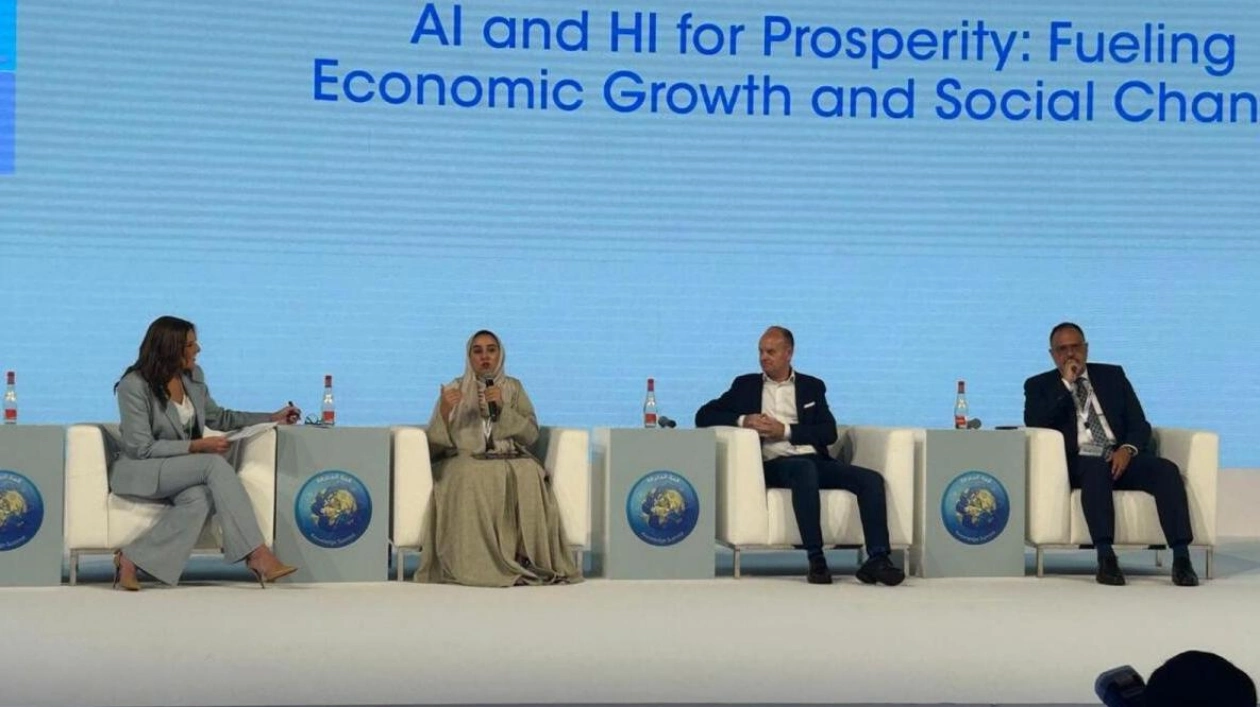Dr Ayman El-Sherbiny, Carsten Snedker, and Dr Latifa Alshehhi discussed the dual impact of AI on the job market at the Knowledge Summit on November 18. Alshehhi, Director of Investment Data Department at the UAE Ministry of Investment, highlighted that while automation will displace millions of jobs by 2025, AI is set to create 97 million new roles. These include positions such as AI trainers and robotics specialists, which are emerging as technology advances.
Alshehhi emphasized the need to embrace AI as a tool rather than fear it, stressing the importance of adapting to its transformative potential. She underscored the urgency of equipping the workforce with relevant skills to thrive in an AI-driven economy. Alshehhi shared an example of her grandmother learning to use basic AI tools, illustrating the importance of making technology accessible to all age groups.
Carsten Snedker, Global Head of Business Development at Dynex Development Est, discussed how AI is reshaping industries by enhancing efficiency and creating new opportunities. He noted AI's role in advancing sectors such as education, entertainment, and energy management, highlighting personalized learning platforms and AI-driven energy monitors.
However, Snedker acknowledged the challenges of AI adoption, particularly concerning data privacy and ethical considerations. He emphasized that AI must be implemented responsibly to support human creativity and decision-making, with multi-agent systems set to revolutionize AI interactions in the future.
Dr Ayman El-Sherbiny, Chief of ICT Policies and Digital Development at ESCWA, stressed the importance of building supportive ecosystems for AI innovation. He argued that governments must develop national and regional policies to harness AI's benefits while ensuring ethical considerations. El-Sherbiny highlighted the need for collaboration across government, academia, and the private sector to create balanced frameworks for innovation and regulation.
Source link: https://www.khaleejtimes.com






